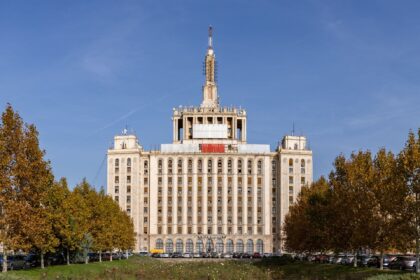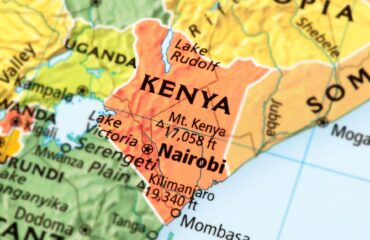
Freedom of the press is a democratic cornerstone in the European Union (EU). Nevertheless, recent results from the Civil Liberties Union for Europe show that freedom of information and expression in several EU nations, including Romania, is jeopardized by inadequate actions to safeguard national security, tackle hate speech, and counteract disinformation.
Moreover, the imbalanced application of data protection regulations and sluggish processing of information freedom requests obstruct the unimpeded flow of information. This overview of the present state of press freedom emphasizes some of the obstacles journalists face in the EU, focusing on Romania, as derived from the latest State of Press Freedom in the EU report.
In Romania, national security is being utilized as a pretext for restricting freedom of expression. The report’s findings reveal that in countries like Romania and Slovakia, growing apprehensions have emerged that national security is being exploited as a justification to formulate laws limiting freedom of expression. Such legislation frequently endangers media freedom and restricts journalists’ and media outlets’ capacity to report on crucial matters.
As cited in the report, there is no transparency in Romania regarding funding allocation by political parties. Public funds are employed to pay media outlets, as occurred during the pandemic. In this manner, newspapers have transformed into political party propaganda instruments. Civil society actors have tried to reveal this issue through freedom of information requests, but the parties have refused to divulge information.
There was an intention to support the press during the pandemic. However, beyond the Government’s intention, one cannot help but wonder: how many publications refrained from criticizing the authorities simply because they were paid with public funds?
The Emilia Șercan case is detailed separately in the report. Emilia Șercan, a Romanian investigative journalist, published an investigation in early 2022 alleging Romania’s Prime Minister plagiarized his doctoral thesis. Shortly afterward, Șercan received a threat from an unknown person containing her photos. Despite reporting the incident to the police, the screenshots she sent were leaked, prompting her to file numerous criminal complaints against the police and the Minister of Interior. The journalist’s case is the subject of seven criminal cases at various stages in several institutions.
Notably, officers from the Romanian Police Academy are indicted in this case, as they are charged with threatening the journalist to abandon the investigation.
The report mentions that civil rights organizations in Bulgaria, Estonia, Hungary, Ireland, Poland, Romania, Slovakia, Slovenia, and Spain report increased censorship and content restrictions. Public order and security are being used as arguments to propose new laws allowing for even further restrictions on free speech.
This is not good news for the evolution of the Romanian press or civil society, as pressures against the press mean less information and less freedom for society.
As the European Union continues to grapple with the challenges surrounding freedom of expression and information, it is essential to protect the rights of journalists and media outlets to ensure a healthy democratic environment. The abovementioned cases are just a few examples of journalists’ and civil society actors’ ongoing struggles. Ultimately, the EU must address these issues and ensure that the fundamental principles of press freedom are upheld.




